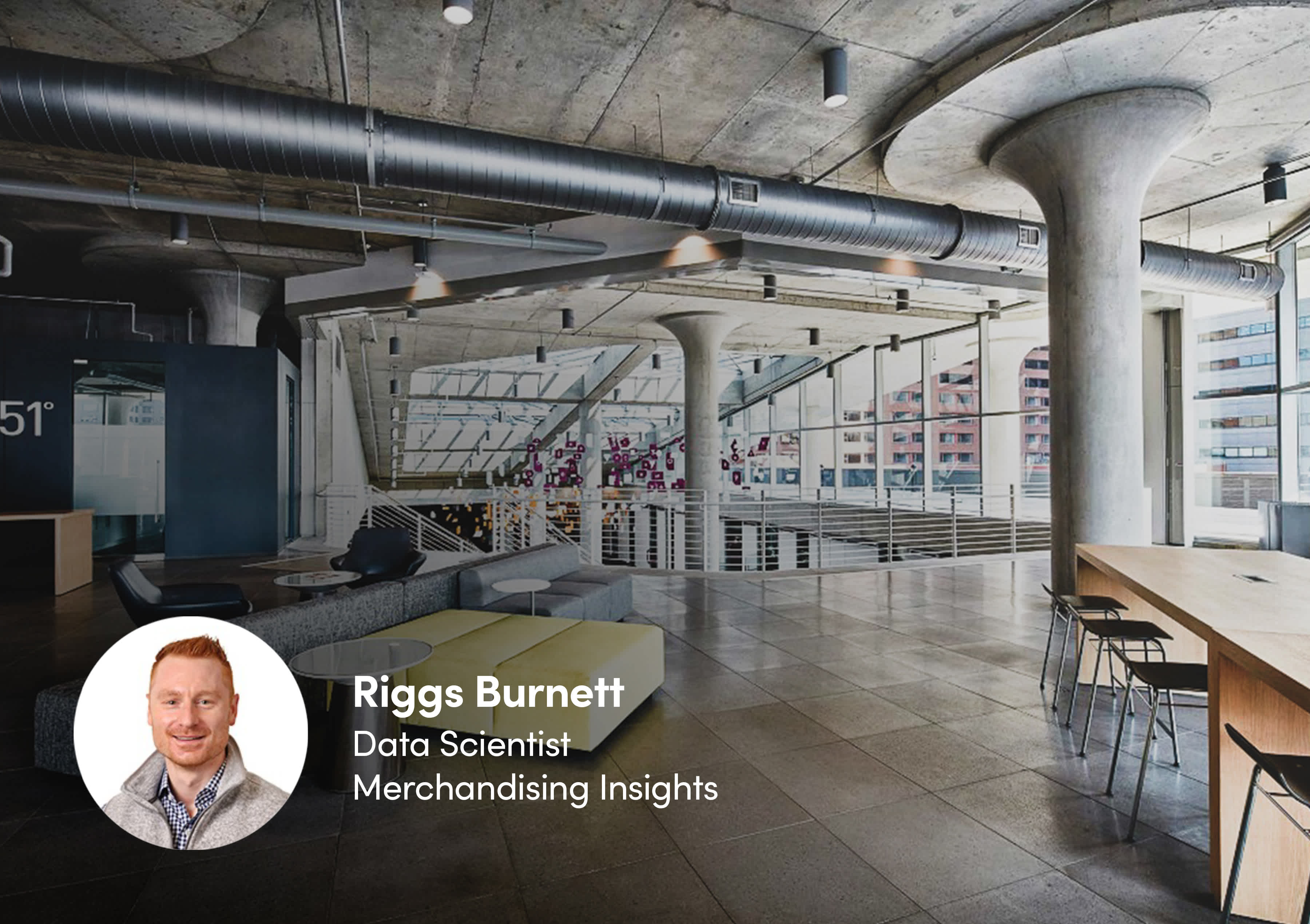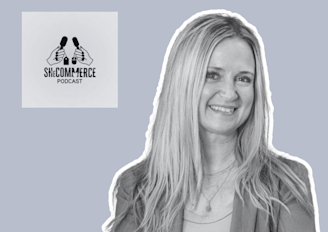
Men for Equality People-Led Team

Welcome to 84.51° Data University, a series of quarterly insights for prospective and current data-science professionals.
Can you tell me about Men for Equality and your role in that group?
I am one of the co-chairs for our Men for Equality People-led team. The group has been around for about 6 years and was initially established with a focus on gender equity and helping to make men better allies for our female colleagues. Over the years, the group's mission has expanded to focus on all topics/issues related to diversity, equity and inclusion (DEI) in an effort to achieve more diverse and inclusive cultures within our workplace and broader communities.
Why do you think this group’s work is needed?
Men (and particularly those of the "dominant" class) are the least engaged in DEI efforts/organizations both at 84.51° and across the entire workforce, primarily because we are less likely to face challenges and biases that other members of our organization and community might experience on a more frequent basis. I believe it's incredibly important for men to build their awareness of issues others may face and recognize their own biases, which are often hidden and unintentional. By building our awareness, we become more empathetic, advance towards advocacy and ultimately can create a more inclusive environment for our teams to succeed (and for us to better serve Kroger's diverse customer population).
“I believe it's incredibly important for men to build their awareness of issues others may face and recognize their own biases, which are often hidden and unintentional.“
Do you have any examples of things that have come to life because of your engagement with this group?
Most of our recent efforts center around building awareness on these topics through partnerships with external organizations (e.g., YWCA, The Women's Fund) and driving discussions via small group sessions (e.g., book clubs). These efforts allow us to learn more about our communities, explore different perspectives and discuss ways we can better advocate for others in both our work and personal lives.
How do you apply your experiences as a data scientist to this group?
As a data scientist, I think I approach these topics and conversations differently than many others. For example, when discussing biases, I often revert back to our business and sciences and think about whether we inadvertently impact certain groups of customers. As a manager, I often think about diversity in terms of talent to ensure we have a wider breadth of viewpoints and skillsets to build from.
Visit our knowledge hub
See what you can learn from our latest posts.

